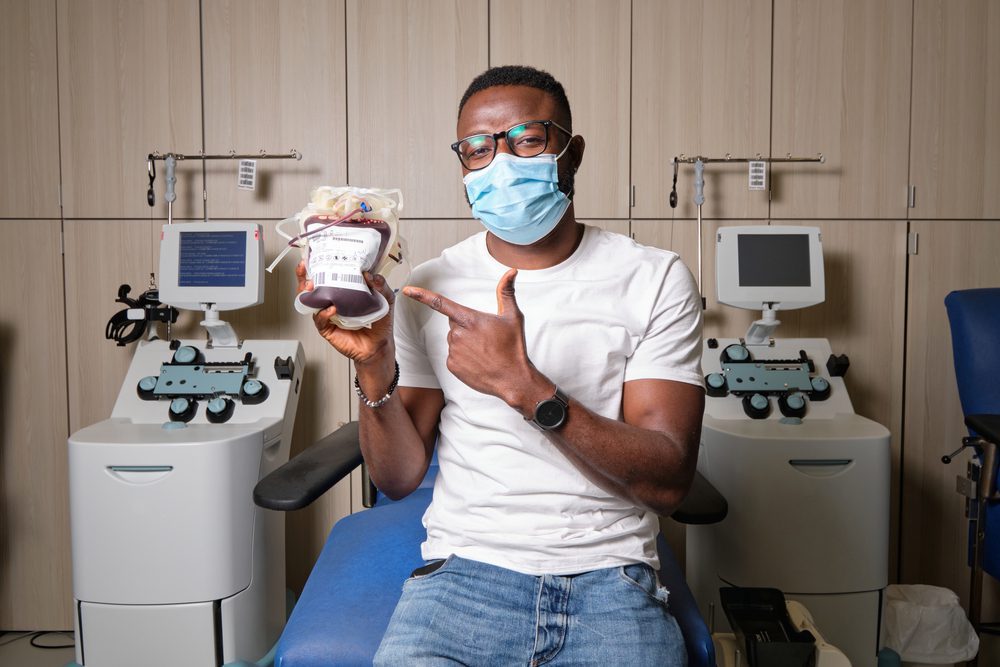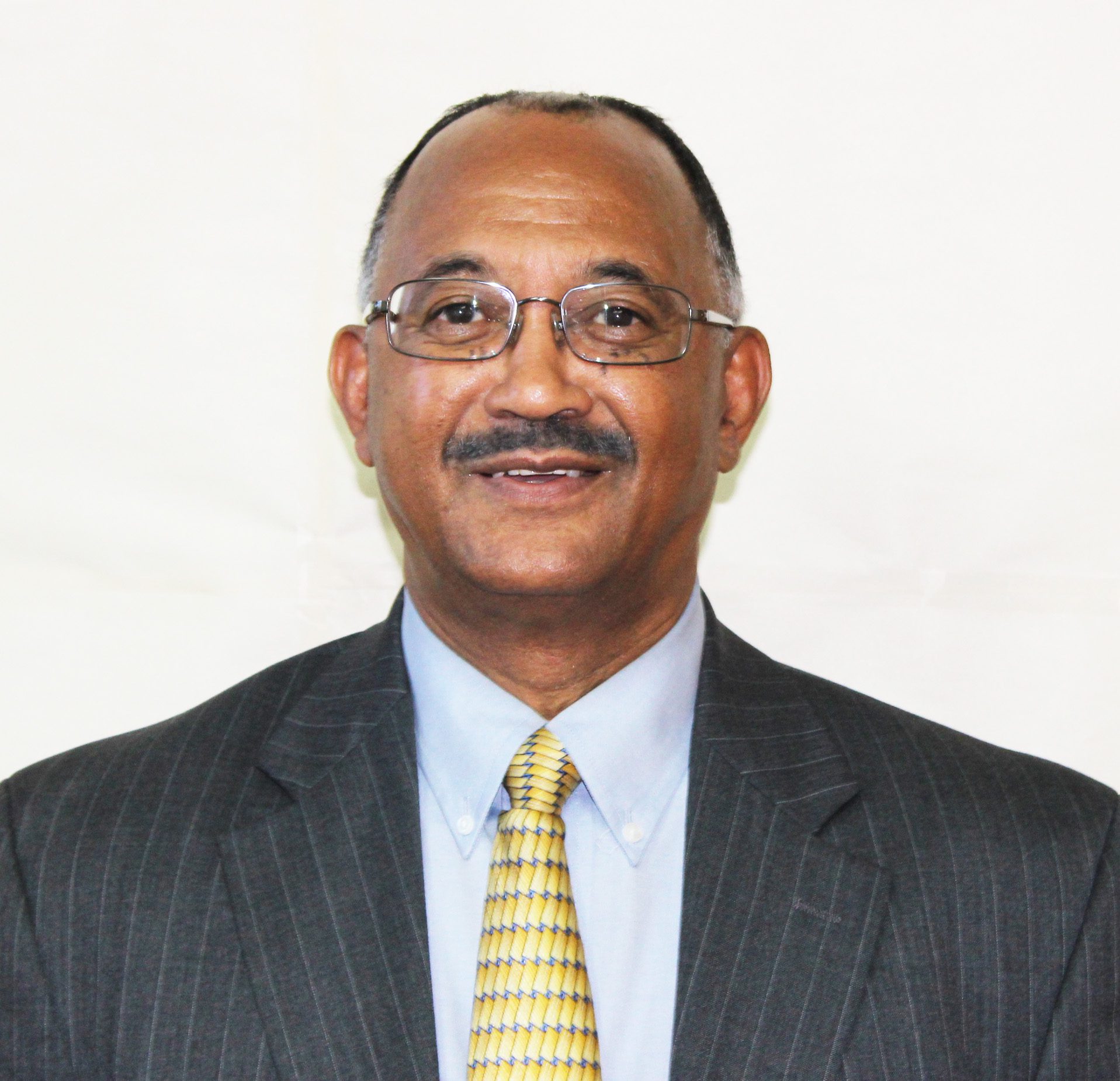Tionne “T-Boz” Watkins isn’t alone with her sickle cell disease. In fact, the serious disorder in which red blood cells are “sickle-shaped” instead of the normal “disc-shaped,” can contribute to blocked blood flow resulting in pain and organ damage as well as increased risk of infection. The disease overwhelmingly affects people of African descent. In the United States, an estimated one of every 500 African Americans are born with the disease with an estimated one of every 12 African Americans carry the sickle cell trait. An estimated ten percent of all African Americans with sickle cell reside in Georgia.
The Sickle Foundation of Georgia, founded in 1971, is extremely busy. To raise awareness about the largely incurable disease, the Sickle Cell Foundation of Georgia will host the 34th Annual Sickle Cell Road Race/Walk at Welcome All Park (4255 Will Lee Road) in College Park, near Camp Creek Marketplace, beginning at 8 a.m. on Saturday, April 13.
Created by the South Fulton Running Partners, a non-profit running club holds the distinction of being the country’s oldest black recreational running club. The Sickle Cell Road Race also serves as the Road Runners Club of America (RRCA) Southern Region 7K championship.
“This race is a great race. It’s a great competition,” says Marvin Chapman, general coordinator of South Fulton Running Partners and race manager for this year’s Sickle Cell Road Race/Walk. “Number one, next to the Peachtree Road Race, it’s the second oldest road race in Metro Atlanta. Secondly, it’s a championship race. The Road Runners Club of America has made it a championship race.”
However, that doesn’t mean only serious runners need to apply. Like the name suggests, participants do have the option of just walking a 4K course. There are even activities for those who don’t want to walk or run at all. “It’s a great family event,” says Gerald Mansfield, the current operations manager for the Sickle Cell Foundation of Georgia. “We have about 1200 [participants] that have participated in recent years.”
Their support has certainly made a difference. “When I first started in 1973, the average life expectancy for those afflicted with sickle cell was about 18 or 19 years of age. Life expectancy is now about 50 years. . . . so it’s getting better,” says Mansfield who has worked with the Sickle Cell Foundation of Georgia for most of its existence.
Chapman notes that all proceeds go to the foundation plus the event helps to subsidize youth afflicted with sickle cell to attend Camp New Hope summer camp. While participants are encouraged to raise $100 or more in sponsors, it is not mandatory. Online registration, which is $30 for adults and $25 for youth 18 and under to either run or walk, ends April 11.
Just register through active.com as well as visit South Fulton Running Partners and Sickle Cell Road Race on Facebook or link directly to the websites of South Fulton Running Partners or the Sickle Cell Foundation of Georgia. —ronda racha penrice














